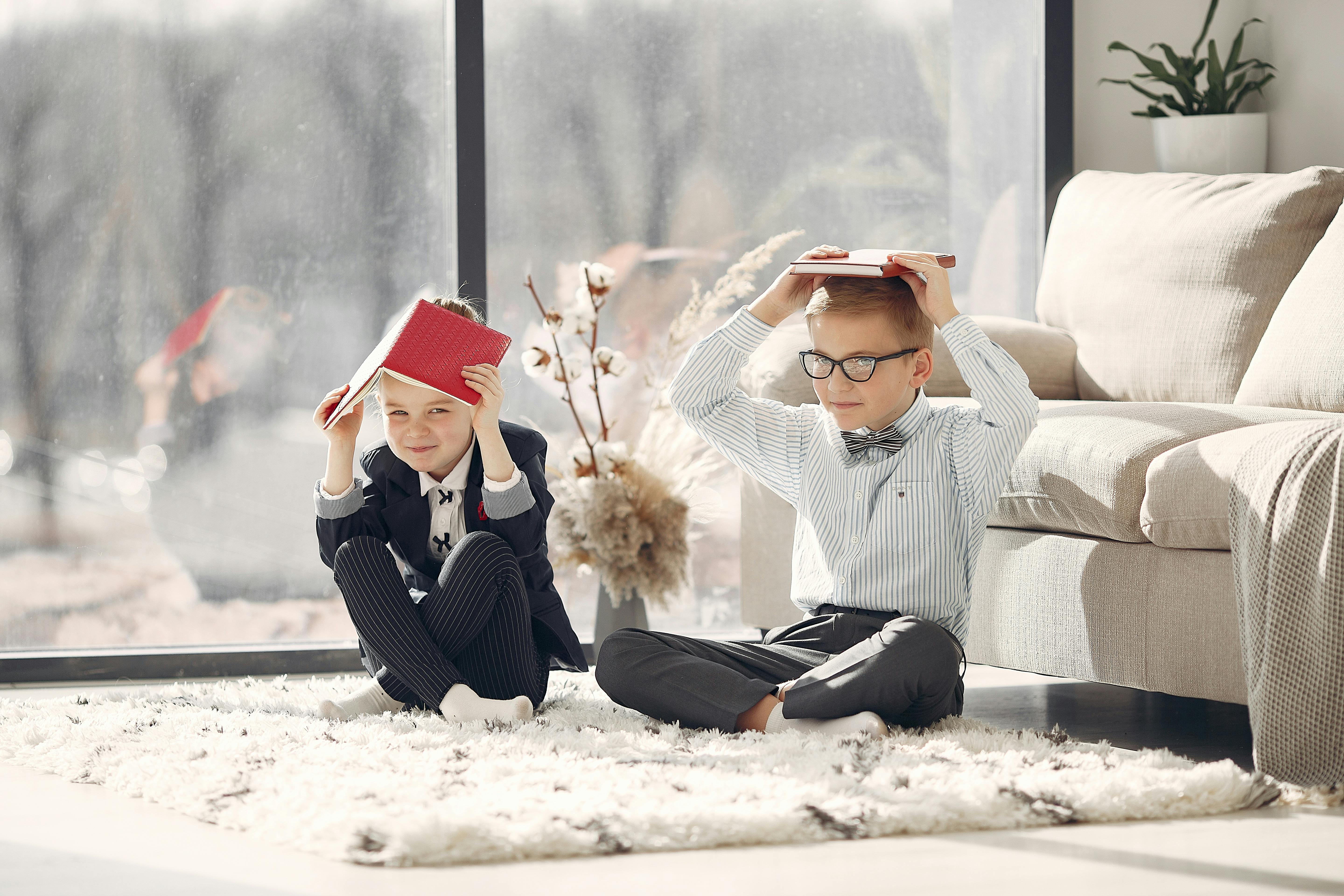A great literary villain can be almost pure evil. Many villains are very complex and seemingly lost in their amorality. Villains are twisted, dark, and evil.
The Random House Dictionary defines a villain as “a cruelly malicious person who is involved in or engages in evil and crime; a scoundrel; or a character in a play, novel or the like, who constitutes a major evil agency in the plot”.
Villains are often very scary, chaotic, and impulsive. All good literary villains talk a lot about their sinister plans and motivations. They also tend to be very impulsive in their actions, which in the end will almost certainly bring their downfall.
Almost all villains have a deep and dark past that has made them the sociopaths they are today. Actually sociopaths are very rare and very noticeable, if you’re looking at it, because they just don’t behave like normal people.
A great literary villain will have aspects of their personality that will subtly remind you that they are still human and a part of them is torn by their actions and bad deeds. Creating a more supportive villain will add complexity to your story and make readers love it even more.
Some examples of great literary villains are:
• Darth Vader, from Star Wars
• Lord Valdemort, from Harry Potter
• Lake, from Shakespeare’s Othello
• Sauron, from the Lord of the Rings trilogy
• Hannibal Lecter, from the movies The Silence of the Lambs
And a more recent addition to the list of great movie villains is:
• Colonel Landa, from Damn bastards
These characters are great literary villains because they strike fear into the hearts of readers and viewers with their dark and menacing ways and they seem to be the true embodiment of evil because they have no regrets for whatever wrong they have done.
There is a second type of villain, one that is far more tragic than the pure evil villain. These villains are much more self-aware and intelligent and look like ordinary people. They usually have a story, or a backstory that makes you feel for them instead of just hating them like you would an “evil” villain.
Villains help make a story interesting. Without a villain or opposing character, what could your hero do?
A secret of most good villains is that they have many similarities to the hero of the story, even in their own nature. Keep this in mind during the next movie you watch or the next book you read and see if you can tell the difference.
